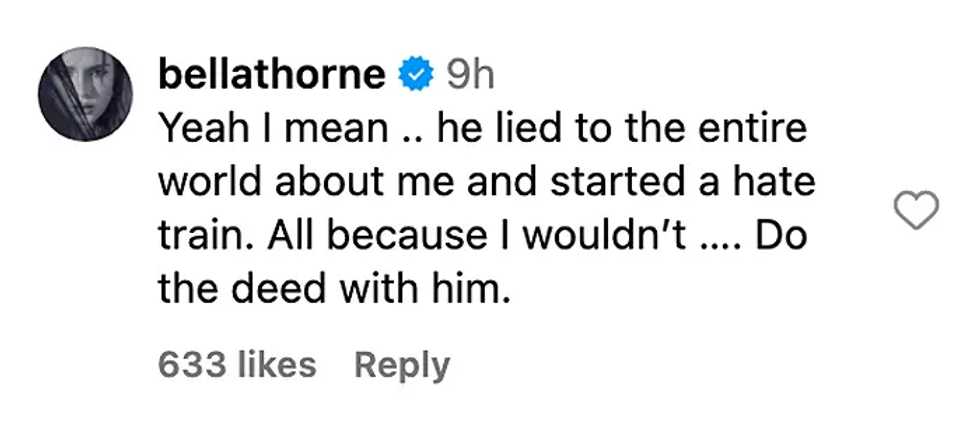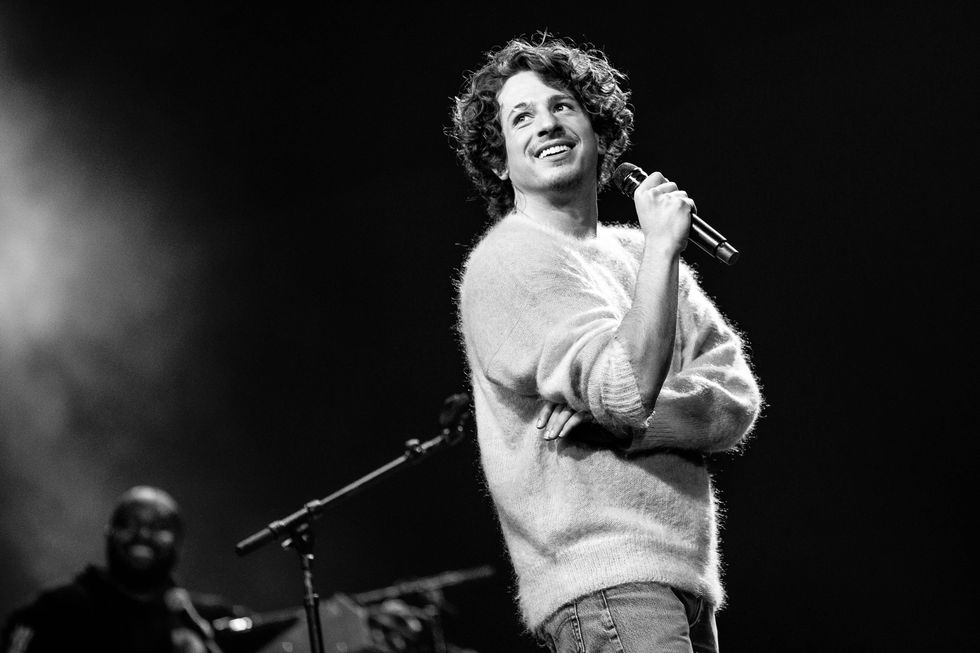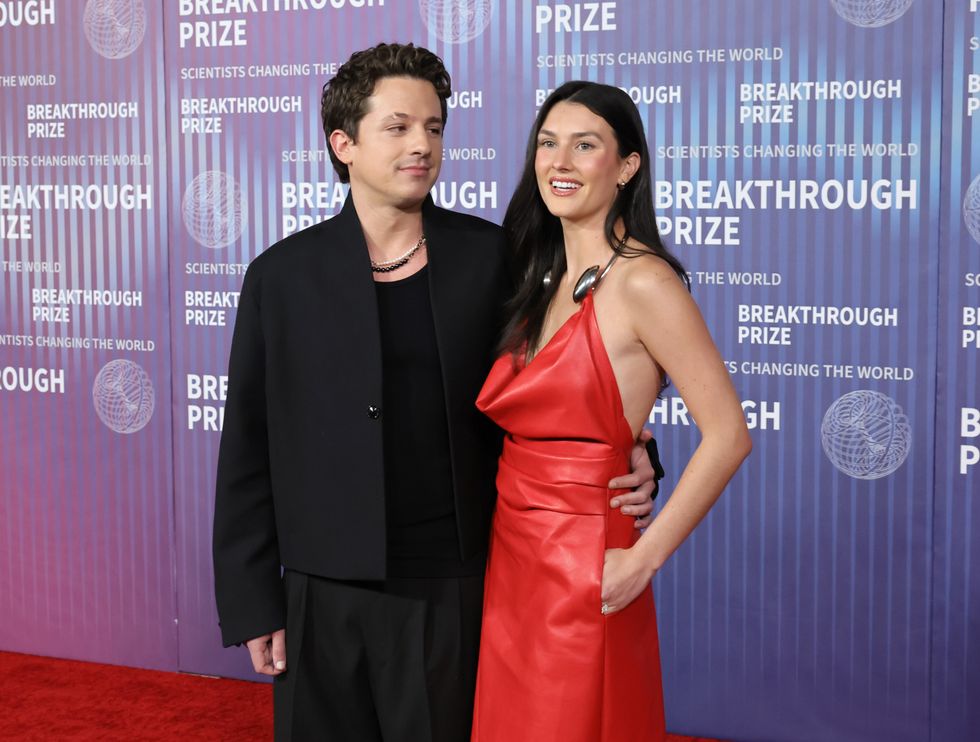by Sarwar Alam
THE laughs come easily in a conversation with Warrant Officer Ashok Kumar Chauhan.
With a sparkle in his eye and a mischievous grin, he says Hollywood star Tom Cruise should
play him in the movie of his life.
Cruise could do well to be tempted.
Behind Chauhan’s joyful exterior is the story of a 17-year-old joining the British Army, facing the trials and tribulations of military life and also those of an immigrant in the UK in
the 1970s and 1980s.
“I joined the Army in the late 1970s,” he recalls. “I joined for two reasons, sport and travel
– nothing else. I wasn’t really interested in education. I was more interested in boxing. Muhammad Ali was my idol.”
His career in the Army came about by chance.
“I was walking along Slough high street (the capital of Europe, he jokes), and I saw these
beautiful pictures of people in the Army, boxing, playing football and skiing. And I thought,
‘Wow, that’s me.’”
Black Asian and Minority Ethnic (BAME) personnel in the regular armed forces currently
account for 11.3 per cent of the total, but when Chauhan joined, representation from the
BAME community was almost non-existent.
His parents supported him joining the Army, hoping it would “sort him out” as – by his
own admission – he was “a bit of a rogue and a bad boy” in his teens.
“My father served in the Kenyan Army, but I don’t recall much about it because I was very
young. They (parents) were happy. They presumed I would get there and learn discipline.
They wanted me to do something with my life.
“I was the first chap from my community to join the Army and they were very, very proud.
My family were supportive then and that continues to this day.”
The early days in the Army were far from easy for the young Chauhan.
“The Army was initially a shock for me. Going away from my family for the first time, into
an environment where everyone was white and I was the only Asian along with a couple of
Afro-Caribbean recruits.
“The food was different. Getting up early in the morning and cleaning the floors on your
hands and knees, whereas everything had been done by mum at home.
“I used to cry at night. I was called ‘Paki’. I had come straight from Kenya and joined the
Army, so I had never come across anything like this. I didn’t understand what they were saying, so I didn’t retaliate, I just took it all in.”
One incident was particularly traumatic.
“After my initial soldier training, I got posted to Germany. I was lying in bed one night when four chaps turned up and covered me with white sheets and put a pin through my ear. I had to get a jab (in case the pin was infected).
“To be honest, I didn’t say anything because I was scared. But there were other soldiers,
who were white, who complained the next day and the chaps who did it were disciplined and sent to jail. I thought if I said something I would get beaten up, but that wasn’t the case and they were dealt with severely.”
Chauhan is quick to stress that though he experienced a few incidents of racism from
individuals, the Army as a whole, especially those in charge, were supportive from the first
day and he always felt he “belonged”.
“Even though I was the only Indian, I was treated the same. It was actually an exciting
time meeting new friends, doing new things.”
In his service spanning four decades, Chauhan has seen the Army evolve and do everything they can to accommodate people from a BAME background.
“As a young soldier I experienced some things. But if you look at it now, it’s completely
different. I believe we are the best equal opportunities employer in the country, in fact I’ll
go as far as saying in Europe. We cater for all faiths. Whether you eat halal, kosher or vegetarian, we cater for you. We have chaplains and imams. In my day, we didn’t have that.
“If there are any issues, there is a system for you to be supported. There is a 24-hour hotline you can call and it will be dealt with confidentially. So, from when I joined to now, it is second to none. The Army is transformed now. From my experience I can say it is a truly inclusive organisation.”
Chauhan says the Army made him into the man he is today.
“It educated me, it taught me how to look after people, how to respect people. How to
work as part of a family.
“It made me independent. It made me look after myself, instead of depending on someone
else. The Army taught me discipline and respect. The Army take you in as a young man or
young lady and they train you to be strong, independent adults.”
“If you ask me to describe the Army in one word, it would be family.”
Chauhan spent 15 years in Germany in the Royal Artillery and says they were some of the
best years in his life.
“From Germany, I travelled the world playing sports such as hockey, squash, boxing and
cricket. I was also really taken care of. If you’re in the UK, then you can go home for the weekend to your family. In Germany, the Army became my family. I was invited to married soldiers’ home for dinners and during the holiday times.
“That was my best posting,” he says.
“From there I went on so many operations and conflicts. I served in Bosnia, the Gulf War and did three tours of Northern Ireland. It was such an exciting time.”
In 1997, Chauhan’s commanding officer told him he would like him to work for the
Army’s Civil Engagement team in the UK to help recruit people from the BAME community.
“The general thought I had the skills and knowledge to tell the people in my community
what it was like to be wonderful,” says Chauhan, laughing.
“When I got to back to the UK, it was the best job. Being in the community telling them what the Army is really about, from the experiences I have had.
“In 1997, the community had never seen Asians in the uniform out and about. But I was proud to wear my uniform. I wear it everywhere. I love wearing my uniform. We go up
and down the country to weddings, festivals, mosques, temples; go to peoples’ homes, to
tell them about the Army.
“I get asked about racism and I tell the truth. I have never experienced it apart from a little
in the beginning. If you are a good human being, you are treated like a good human being.
If you have an attitude, then there will be issues – but that is [true] in every walk of life. You have to be passionate about what you do and respect the people who are above you.”
Chauhan’s life in the UK wasn’t as fastpaced as it was in Germany, so he still takes every opportunity he is offered to go on expeditions abroad. He describes a tour to Afghanistan
as the best he has been on.
“My favourite tour was a year in Afghanistan in 2007. I was part of the interpreters’ team. I
employed local interpreters to go out with the soldiers and look after their wellbeing.
“A lot of the British public don’t know about the good work the Army does in places like
Afghanistan. I remember taking clothes, sweets for the kids and seeing their smiles make you realise the fantastic job the British Army are doing.”
Chauhan was recognised for his efforts with an MBE in 2000. His message for the community is: “The Army is just like an Asian family. We have our ups and downs, but at the end of the day we are always there for each other and stick together.
“I’m due to retire soon but if I had my life all over again, I’d spend it in the Army. It’s the
most exciting thing I have done in my life. Everyday has been an adventure.”
Sounds like an offer Cruise would not refuse.





 Actress Bella Thorne and Charlie Puth attend the Y100's Jingle Ball 2016Getty Images
Actress Bella Thorne and Charlie Puth attend the Y100's Jingle Ball 2016Getty Images  Bella Thorne's commentInstagram Screengrab
Bella Thorne's commentInstagram Screengrab  Charlie Puth performs onstage at an interactive global eConcert liveGetty Images
Charlie Puth performs onstage at an interactive global eConcert liveGetty Images  Bella Thorne and Mark Emms attend a red carpet for the movie "Priscilla"Getty Images
Bella Thorne and Mark Emms attend a red carpet for the movie "Priscilla"Getty Images Charlie Puth and Brooke Sansone attend the 10th Breakthrough Prize CeremonyGetty Images
Charlie Puth and Brooke Sansone attend the 10th Breakthrough Prize CeremonyGetty Images











